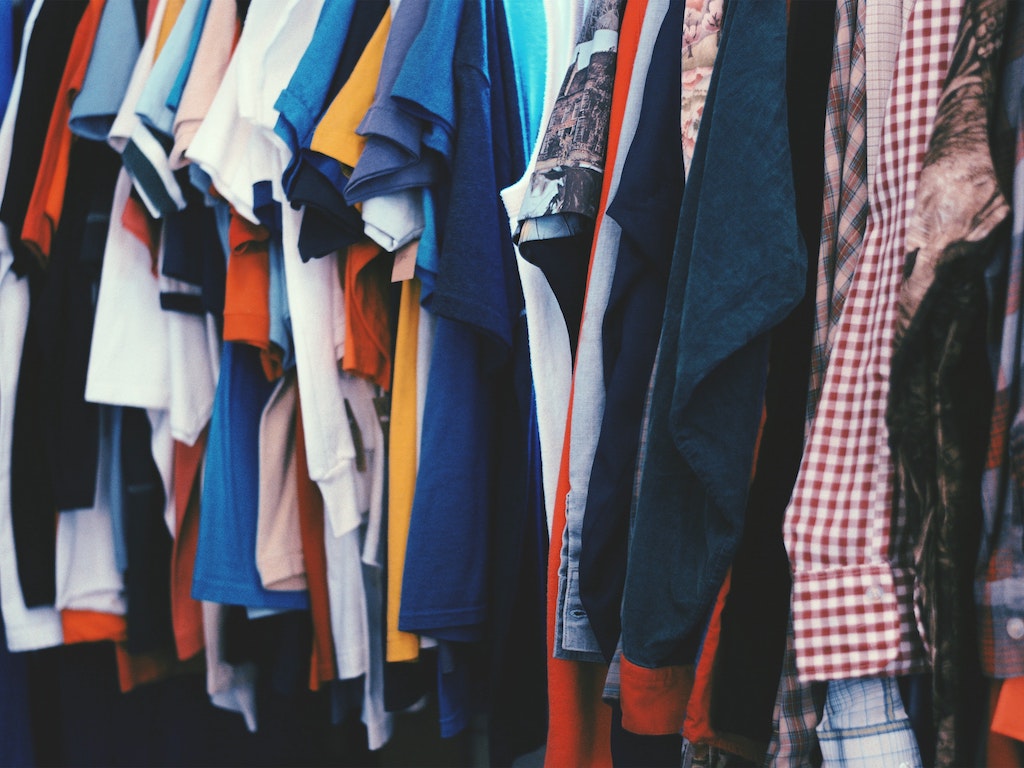3 Mins Read
A new study conducted by Kering, the luxury fashion giant that owns the likes of Gucci, Saint Laurent and Alexander McQueen, has found that the majority of Chinese consumers are keeping their luxury products for just one to three years. The results reveal how our current throwaway culture and consumption habits are contributing to disastrous amounts of fashion waste and unsustainable production, shedding light on the urgent need to cultivate circular consumption habits.
In its latest environmental impact report, luxury fashion group Kering has unveiled the results of its survey on consumer habits, showing how current linear approaches to fashion is contributing enormously to the global waste and climate crisis. According to the survey, which involved more than 3,000 luxury fashion shoppers across France, Italy, China, Japan the U.S. and U.K., the region where the throwaway culture was most prominent was in China, where the majority of respondents reported keeping their items for only one to three years.
In addition, only 6% of Chinese shoppers kept their luxury goods for more than 10 years, compared to 31% and 33% of consumers in the U.S. and Japan respectively. When looking at the most sustainable group of shoppers when it comes to end-of-life treatment of products, Japan was among the top of the list, with nearly three-quarters (74%) of respondents saying they will recycle, resell or donate their products.
This figure is even higher in the U.S., with 92% of respondents indicating they plan on giving their luxury goods a second life, primarily through the channels of passing it onto a friend, charity store or via resale platforms.
The findings suggest that in Asia, circular approaches to consumption are still lagging behind, with the region’s largest and most powerful economy driving the buy-and-throw culture more than ever before. China’s annual shopping extravaganza Single’s Day on November 11, which was originally masterminded by Alibaba in 2009, saw the world’s biggest online sales fest in 2020, drawing in a record-smashing total of US$115 billion in sales in just a 24 hour window.
While the country has publicly renewed its focus on sustainability, with its leader President Xi making the surprise announcement to commit China to net-zero by 2060 in September 2020 and launching multiple anti-waste and pro-recycling measures in recent years, the reality is that the majority of consumers are still contributing to the prevailing status quo of buy-and-throw.
By opting for a lower temperature of machine wash or line drying instead of tumble drying, consumers can reduce their impact.
Kering Group
What the figures do indicate, however, is hope that a rising cohort of conscious consumers – primarily driven by millennials and Gen Zs – are increasingly shifting their habits to reduce their impact on the environment. The online resale category, for instance, has thrived amid the pandemic, as well as all other sectors within the secondhand economy.
The Kering report further highlights other actions that consumers can take to reduce their fashion footprint, besides giving items a second-life and buying more resold and recycled products.
“By opting for a lower temperature of machine wash or line drying instead of tumble drying, consumers can reduce their impact,” which can reduce the energy consumption and therefore greenhouse gas emissions within the use-phase of an item.
Lead image courtesy of Unsplash.




